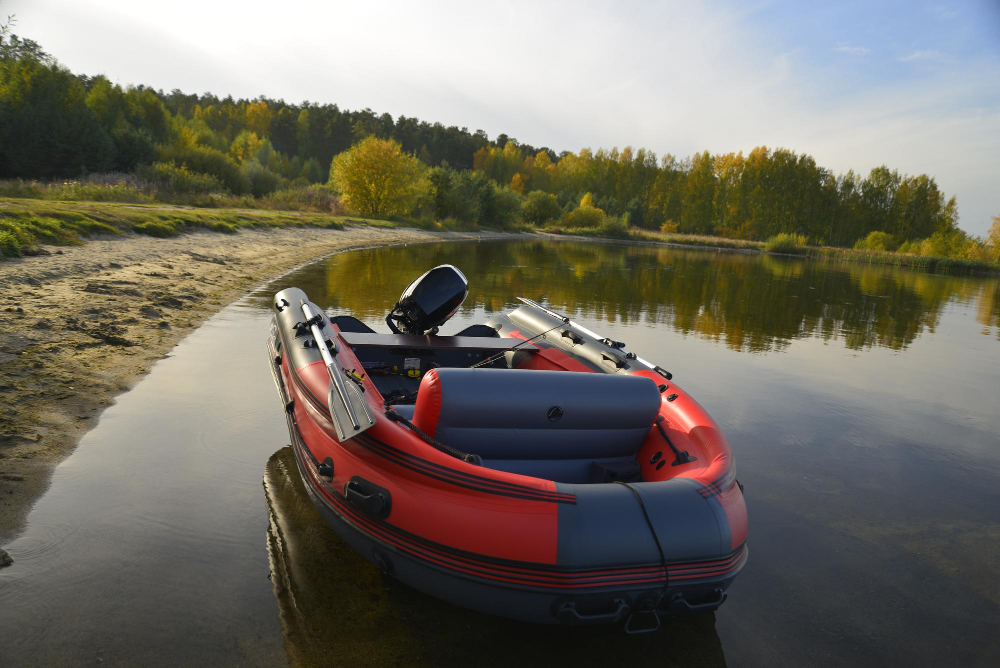Powering the fuel powered outboard motor is important for water trip. Traditional lead-acid batteries have been the go-to option for years, but advancements in technology have made LiFePO4 starting batteries an attractive alternative.
But are lithium marine starting batteries really good for boats? Let’s explore their benefits and whether they are the right choice for your marine adventures.
Why Consider Lithium Marine Starting Batteries?
LiFePO4 lithium marine batteries provide many advantages over lead acid, such as weight, lifespan, depth of discharge and so on.Below are some details.
1. Lightweight & Compact
A lithium marine starting battery is significantly lighter than traditional lead-acid batteries. This weight reduction improves your boat’s speed, fuel efficiency, and overall handling.
2. Higher Power Output
Unlike lead-acid batteries, which experience voltage drops under load, LiFePO4 starting batteries provide consistent power. This ensures a reliable and quick engine start, even in cold or demanding conditions.
3. Longer Lifespan
Lithium batteries last much longer than lead-acid options, often exceeding 3,000-5,000 charge cycles. This means fewer replacements over time, saving you money and maintenance hassle.
4. Faster Charging
Lithium marine batteries charge up to five times faster than lead-acid alternatives. With a properly matched charger, you can reduce downtime and maximize your time on the water.
5. Maintenance-Free Operation
Unlike lead-acid batteries, which require regular maintenance (checking water levels and cleaning terminals), lithium batteries are completely maintenance-free.
6. Deep Discharge Without Damage
Lead-acid batteries suffer from capacity loss if deeply discharged too often. Lithium batteries, however, can be discharged down to 80-90% of their capacity without affecting performance or lifespan.
Are There Any Downsides?
While lithium marine starting batteries offer numerous advantages, there are a few considerations:
- Higher Upfront Cost – Lithium batteries typically cost more initially, but their longer lifespan and performance benefits make them a cost-effective choice in the long run.
- Compatibility Issues – Some older boat electrical systems may need slight modifications to accommodate lithium batteries. However, many modern marine lithium batteries are designed to be drop-in replacements for lead-acid models.
- Charging Requirements – Lithium batteries require specific chargers that are compatible with their chemistry. Ensure that your boat’s charging system is compatible or invest in a suitable charger to avoid damaging the battery.
How Many CCA Does a Lithium Marine Starting Battery Provide?
Cold Cranking Amps (CCA) is a crucial factor when selecting a starting battery, as it determines how well your battery can start the engine in cold conditions. Traditional lead-acid batteries are rated based on their ability to deliver a high current for 30 seconds at 0°F (-18°C) without dropping below 7.2V. However, LiFePO4 starting batteries operate differently.
Unlike lead-acid batteries, lithium batteries do not experience significant voltage drops under load. This allows them to deliver instant, high-power bursts necessary to start marine engines efficiently. While the CCA rating of lithium batteries may appear lower on paper compared to their lead-acid counterparts, their higher sustained voltage output ensures better cranking performance.
For marine applications, most boats require a battery with 500–1,000 CCA depending on the size and type of the engine. Smaller outboard motors(<30 HP) typically need 500–600 CCA, while larger inboard or diesel engines (>200 Horse power) may require 800–1,000 CCA for reliable starting.
The LiTime Marine Cranking Batteries provide 800 -1000 CCA for reliable starting using.
Conclusion: Are Lithium Marine Starting Batteries Worth It?
So, are lithium marine starting batteries good for boats? The answer is a resounding yes for many boaters. With advantages such as weight savings, longer lifespan, faster charging, and consistent power output, the LiFePO4 starting battery stands out as an excellent choice for marine applications.
If you’re considering upgrading your boat’s battery system, it’s worth exploring the benefits of lithium technology. With careful consideration of your specific needs and conditions, you can enhance your boating experience with the right battery choice.

